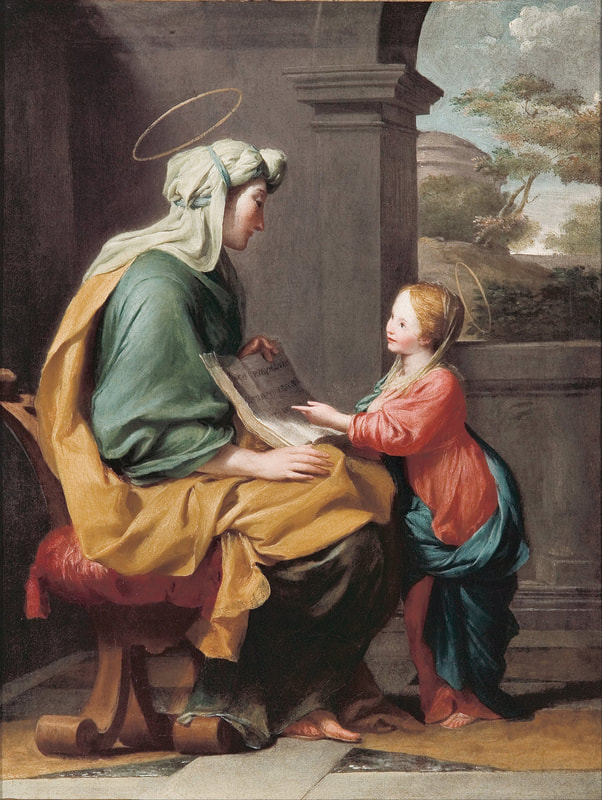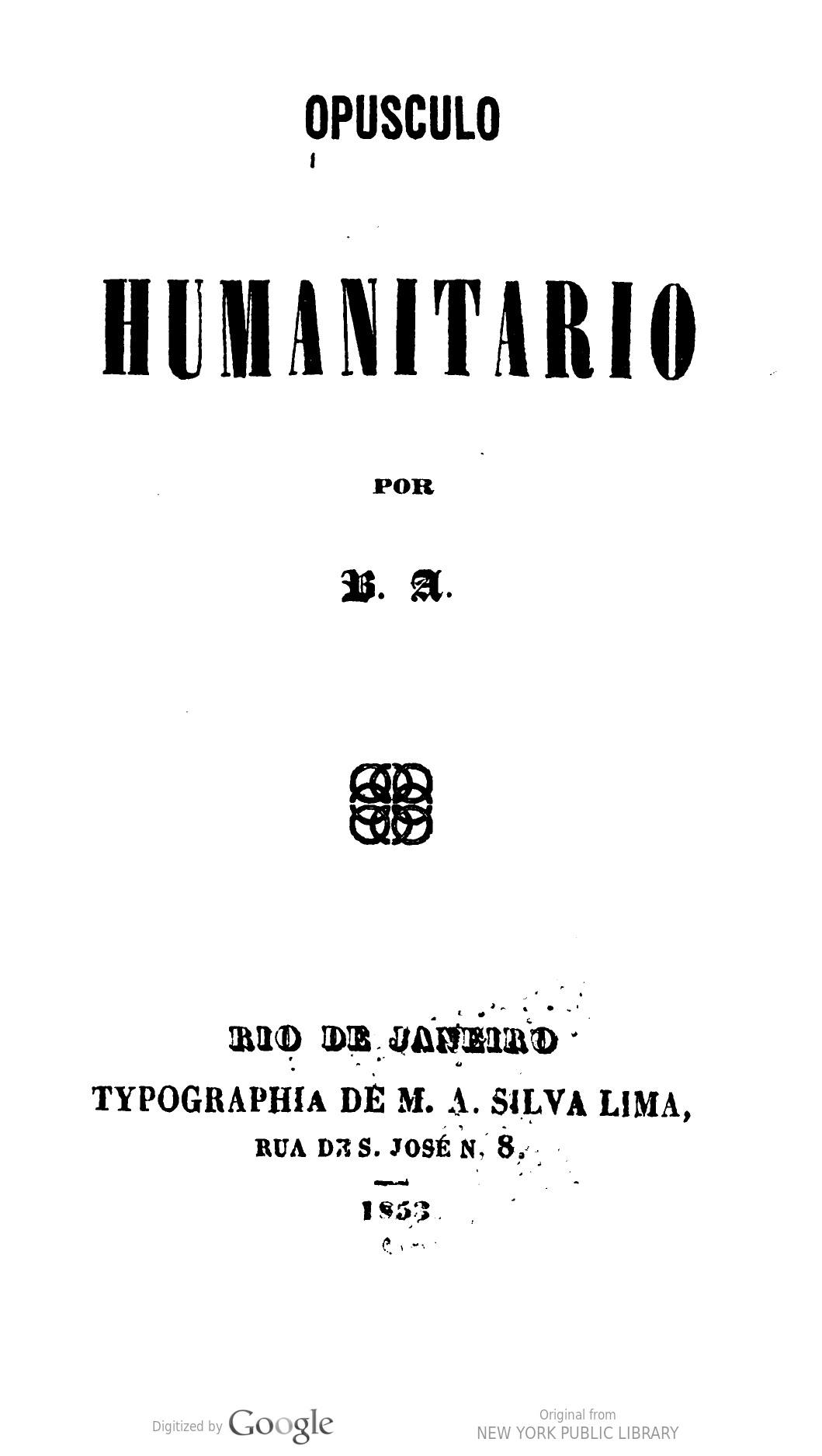|
On the second day of the dialogue, Fonte explicitly argues that women should receive an education. She writes,
Fonte claims two things here: first, that receiving an education leads to a virtuous life and second, that in withholding education from women, men commit both an ethical and epistemic injustice. With the former claim, Fonte works to rebut the belief held by men that says an educated woman becomes immoral. She argues that, in reality, without an education, “an ignorant person is far more liable to fall into err.” Fonte defends this argument by depicting the common undesirable and uneducated women. These women, such as the “illiterate maid servants,” the “peasant girls and plebeian women,” fold to their sexual desires and easily “give in to their lovers.” Without the opportunity to exercise their minds through reading and writing, these women become “gullible” to the persuasions of men and cannot defend themselves. According to Fonte, uneducated women lack the ability to reason and as a result, must depend on the word and direction of men. Of course, even educated women are subject to the “pricking of the senses,” but their intellect allows them to combat physical temptation. For Fonte, education is just “the pursuit of virtue.” Without schooling, then, women do not have the resources to become virtuous and as a result, they inevitably give into sexual relations.
Fonte’s argument highlights the way in which men have been counterproductive and ineffective in trying to make women more virtuous. Instead of providing them with the necessary tools to defend themselves against lustful desires, men leave them weak and vulnerable. Notice that Fonte does not argue against the belief that women are naturally perverse or driven by their bodily appetites. Instead, she uses this idea as a reason in favor of giving women an education. In this way, Fonte appeals to the beliefs of men. Still, she reveals how, in the name of keeping women from their natural vices, men have inhibited women from achieving a moral life. Fonte presents the characters in her dialogue as exemplary of the benefits of educating women. It is because these women “have read [their] cautionary tales and learnt [their] moral lessons” that they “developed a love for virtue.” Readers of the dialogue, then, can look to Fonte’s characters as proof that education and virtue go hand in hand. In this passage, Fonte argues that a woman can only fight her sexual inclinations through education and that men have wrongfully repressed women who wish to pursue virtue. --MP Image info: The Education of the Virgin Mary, illustrated by Giovanni Francesco Romanelli, Italian, published in Rome in 1630. Text source: The Worth of Women: Wherein Is Clearly Revealed Their Nobility and Superiority to Men. Edited and Translated by Virginia Cox, The University of Chicago Press, 1997.
0 Comments
[Originally published on Facebook March 12, 2021]
Our first post about Nísia Floresta is from Opúsculo Humanitário, a book she published in 1853 in Rio de Janeiro. In it, Nísia famously argues that society’s progress can only be evaluated by how important women are in it. Although Nísia criticizes (the lack of) women’s education in Brazil in her book, she also talks about slavery. A link to the book is available in the end of this post as well as the original passage (in Portuguese). Chapter XLII (pp. 103-104) “Having all housekeeping being done by slaves, the girl finds herself surrounded by pernicious lessons since her first infancy. She observes behaviours and listens to words of such unfortunate race (people?), which is demoralized by captivity and condemned by the whip. Her sensibility gradually becomes familiar with such distressing show, which repeats almost daily in front of her; it is not rare to see her (with horror we say) inflicting the cruelest treatment to her own wet nurse who breastfed her and is indifferently sold or rented as a useless burden. Such revolting ingratitude is one of the most despicable examples given to that girl, who will become a mother one day and will pass that to her own children! (...) Thus, that sprout of intelligence embedded in her grace develops under the most contrary conditions to its future fulfillment. And no one is mindful that childhood is receiving unfavorable impressions from such art, and as Homer said, it is recorded in the soul as is in a wax table, where all the traits are more or less distinct; impressions that, like a subtle poison, destroys her best natural dispositions.” One of the interesting things implied in this passage is the negative consequences of slavery to human’s development. Since slavery happens at home, “almost daily”, girls are “surrounded by pernicious lessons”. They learn through examples by observing how the slaved person is treated and by listening to the words spoken. Consequently, they learn how to treat other human beings. That is not good. Such education, “by the whip” as Nísia says, “destroys” our “best natural dispositions”, which seems to be the human sensibility. Worse than that, the child becomes ungrateful, apathetic to the woman who breastfed her by growing in such distressing environment. Breastfeeding is one of the first bond that a mother creates to her child. It is a primary human bond. In the end, slavery reduces that human bond to a thing that can be sold or rented. ____ Link to the passage: (https://babel.hathitrust.org/cgi/pt?id=nyp.33433075997266...) Todo o serviço do interior das famílias sendo feito entre nós por escravos, a menina acha-se desde a primeira infância cercada de outras tantas perniciosas lições, quantas são as ocasiões em que observa os gestos, as palavras e os atos dessa infeliz raça, desmoralizada pelo cativeiro, e condenada à educação do chicote! Sua nascente sensibilidade se habitua gradualmente a esse espetáculo afligidor, repetido quase diariamente a sua vista; não é raro ver ela (com horror o dizemos) infringir o mais cruel tratamento à própria ama que a amamentou, a qual é alguma vez indiferentemente vendida ou alugada como um fardo inútil, apenas acaba de ser-lhe necessária! Esta revoltante ingratidão é um dos mais detestáveis exemplos dados à menina, que tendo um dia de ser mãe, o transmite por seu turno a seus filhos! (...) Assim, aquele embrião de inteligência envolvido na epiderme de uma graça factícia desenvolve-se nas condições mais contrárias ao seu futuro engrandecimento. E ninguém atenta para as desfavoráveis impressões que de esta arte vai a infância recebendo, e gravando na cera, que conforme a expressão de Homero tem-se na alma, onde se conservam com traços mais ou menos distintos; impressões que semelhante a sutil veneno lhe destroem por vezes as melhores disposições naturais. -MM |
Authors
Jacinta Shrimpton is a PhD student in Philosophy at the University of Sydney. She is co-producer of the ENN New Voices podcast Archives
May 2024
Categories
All
|


 RSS Feed
RSS Feed